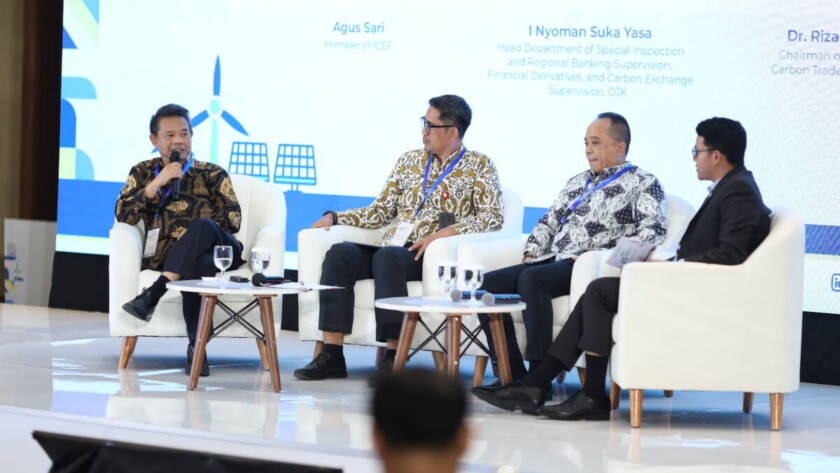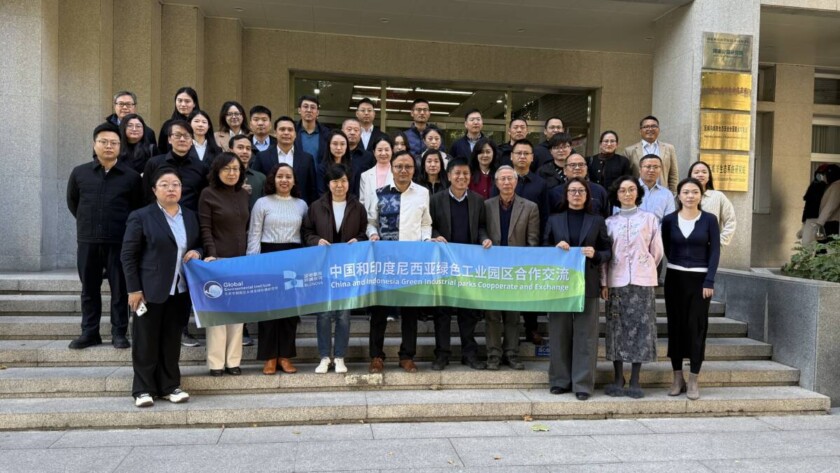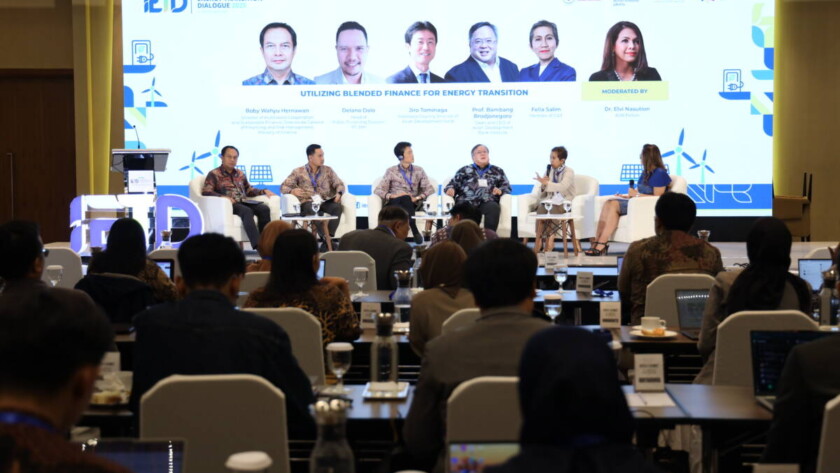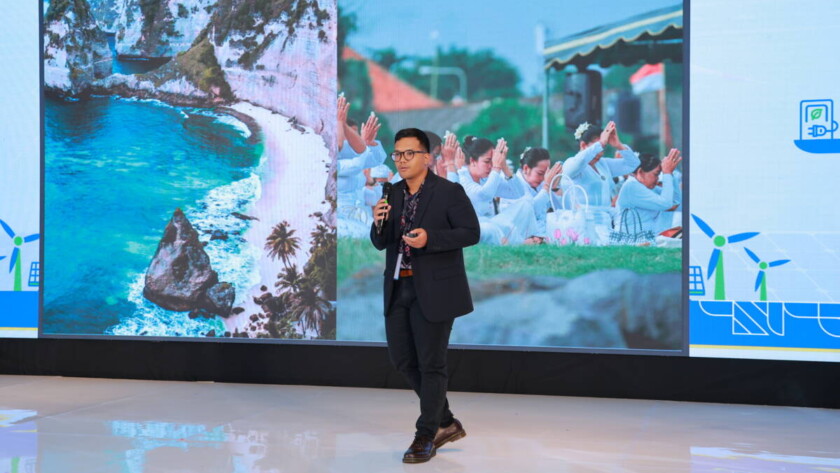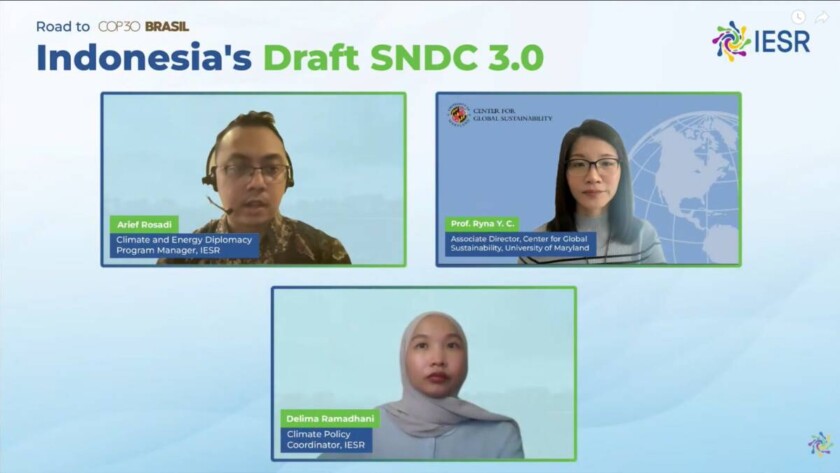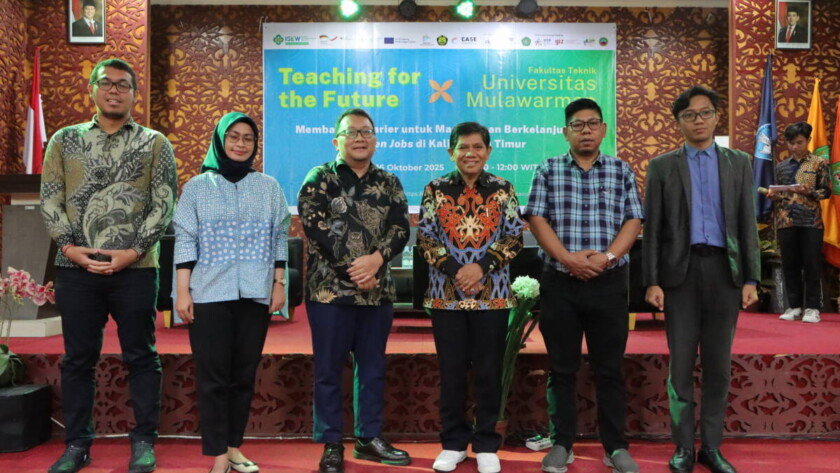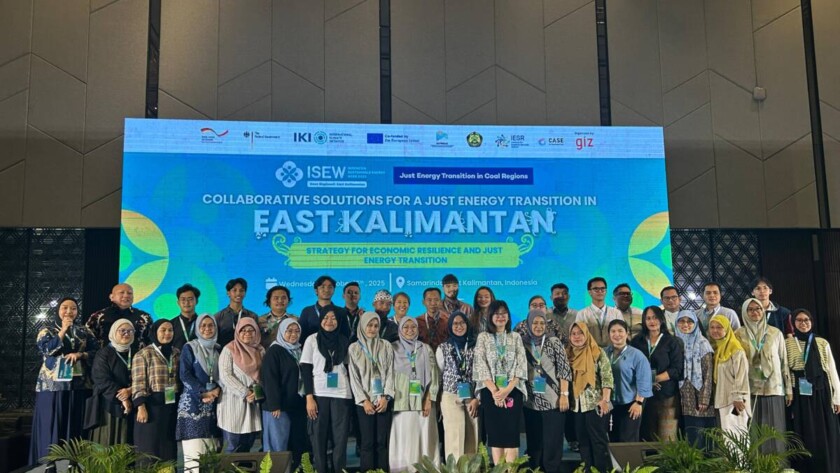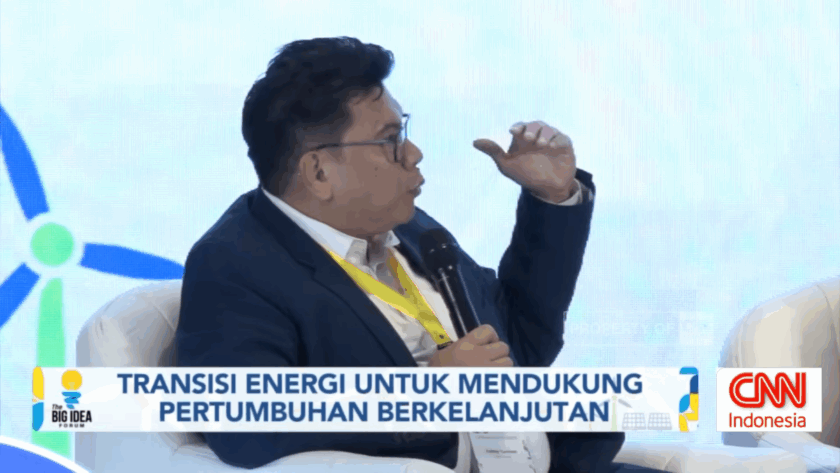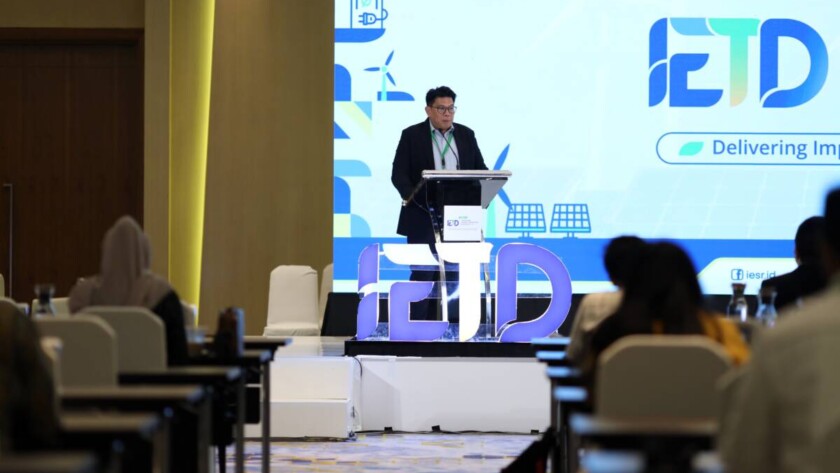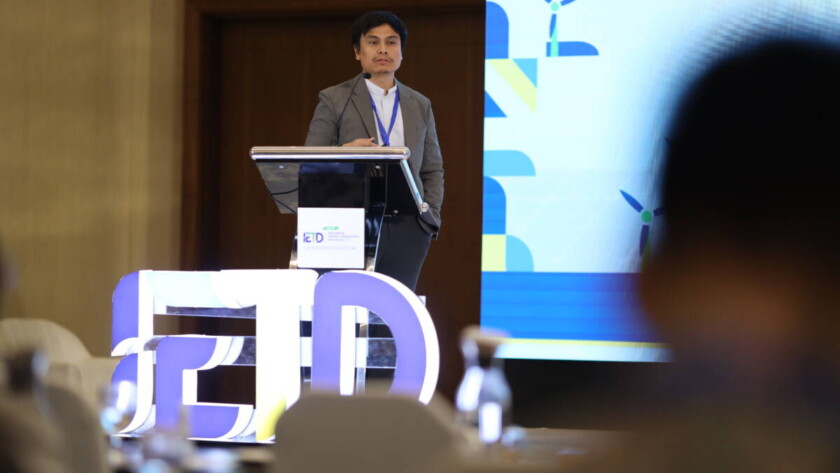Jakarta, October 31, 2025 - Indonesia launched a carbon exchange in 2023 and conducted early-stage carbon trading trials from 2023 to 2025. The initial phase focused on strengthening the policy ecosystem and carbon trading mechanisms. In 2025, Indonesia also launched international carbon trading.
Riza Suarga, Chairman of the Indonesia Carbon Trade Association, stated that Presidential…
